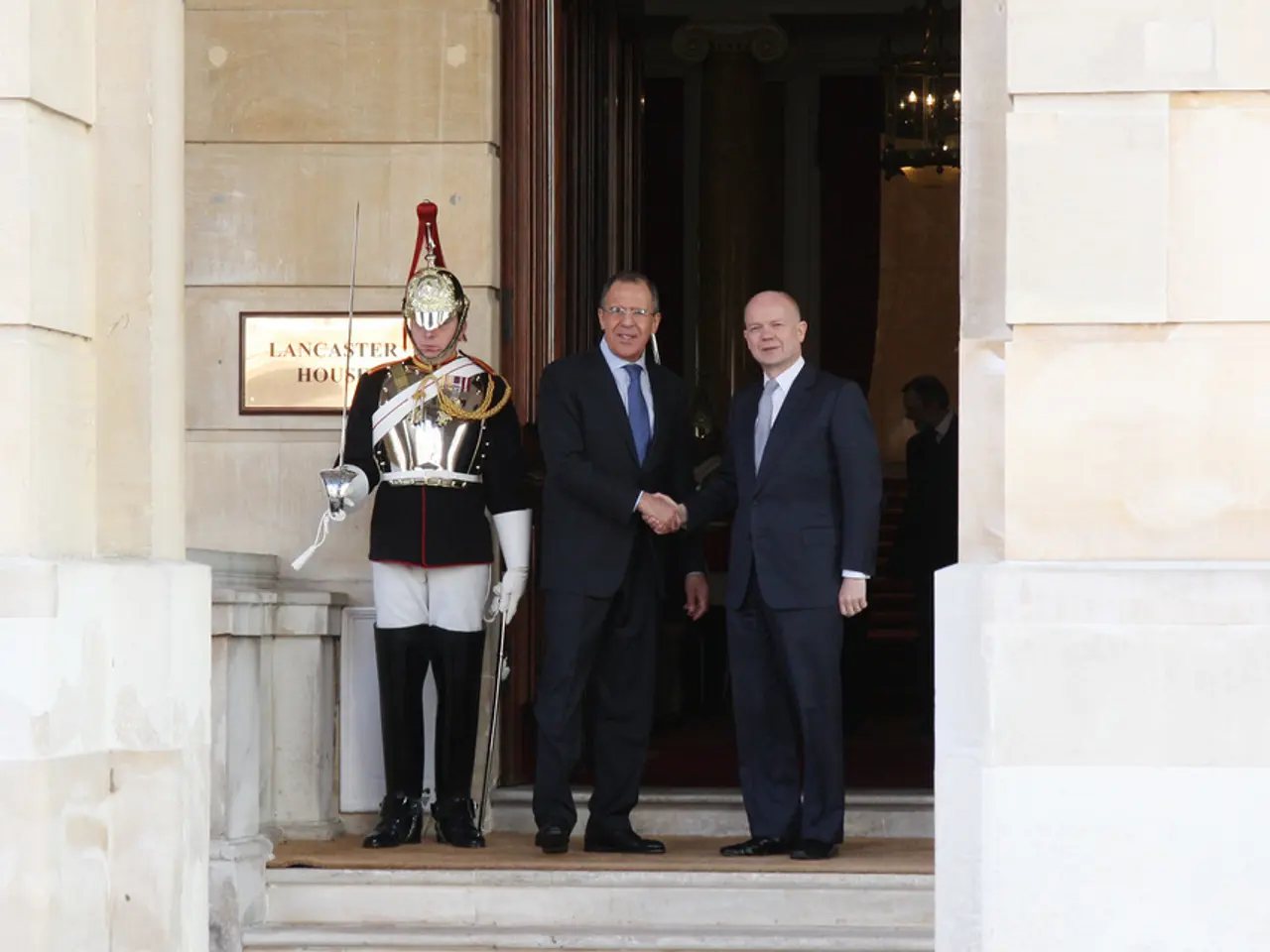The Consequences Following the Passage of the Grand Magnificent Law
In a move that has sparked intense debate, President Donald Trump has championed a sweeping tax and spending bill, dubbed the "Big Beautiful Bill." This legislation, which is projected to have significant impacts across several areas, has become a central issue in the political landscape, particularly as the midterm elections approach.
The bill, which is expected to increase the national debt by approximately $3.3 trillion over the next decade, is a point of contention for many critics who accuse President Trump of favoring the wealthy through tax cuts at the expense of the poor. Currently, the US national debt stands at about $36 trillion, a figure that is set to rise substantially with the passage of this bill.
One of the most affected sectors is healthcare. The bill reduces funding for major healthcare programs like Medicaid, prompting concerns about diminished medical care access for millions. Critics warn that the bill could worsen poverty by cutting critical social services, such as the Supplemental Nutrition Assistance Program (SNAP), which risks depriving millions of Americans of healthcare and nutritional support. Former President Barack Obama highlighted that more than 16 million people could lose health insurance coverage as a result, threatening working-class families' wellbeing for generations.
While cutting from healthcare and social services, the bill increases spending on border security, defense, and infrastructure, including $46.5 billion for border wall construction and $12.5 billion for air traffic control modernization.
President Trump defends the bill, stating that it strengthens border control and improves infrastructure. He also cites his slogan "No tax on tips" as an example of how even those with less income will benefit from the bill. Trump further states that overtime pay will be tax-free under the bill, and the White House argues that low-income workers will see the largest percentage reduction in their tax burden due to the bill.
However, the bill's divisiveness is evident politically. President Trump views it as a major legislative victory to bolster his Republican base going into the midterms, emphasizing that no Democrats supported it. Democrats, in turn, plan to use the bill’s cuts to healthcare and social welfare to campaign against Republicans, arguing the law hurts working families and worsens the debt crisis.
CNN reported several poll results on Friday suggesting that the country is divided on the bill. The midterm elections for Congress are scheduled for fall 2026, and the success or failure of the "Big Beautiful Bill" could affect President Trump's voter support, particularly considering his past promises to lower consumer costs.
Former President Barack Obama has warned that the bill, if enacted, will harm working-class families for generations. The bill's potential negative consequences for seniors and children, including cuts to the Supplemental Nutrition Assistance Program (SNAP), have also been a subject of criticism. President Trump defends cuts to SNAP by stating that it aims to remove illegal immigrants from the healthcare system and food assistance programs.
As the midterm elections draw near, the "Big Beautiful Bill" remains a contentious issue, with both sides gearing up for a fierce battle over its implications for the American people.
A survey conducted by CNN reveals that the American public is divided on the "Big Beautiful Bill," with the midterm elections expected to serve as a battleground for its implications on working families and the national debt. People critically argue that the bill, if enacted, will disproportionately benefit the wealthy and negatively impact sectors like healthcare and social welfare, particularly the Supplemental Nutrition Assistance Program (SNAP). Meanwhile, the bill's proponents, led by President Trump, defend the legislation, asserting that it targets infrastructure improvements and border control, while also benefiting low-income workers. The debate surrounding this policy-and-legislation issue is intensifying in the political landscape as it becomes a central topic in the ongoing general news.






